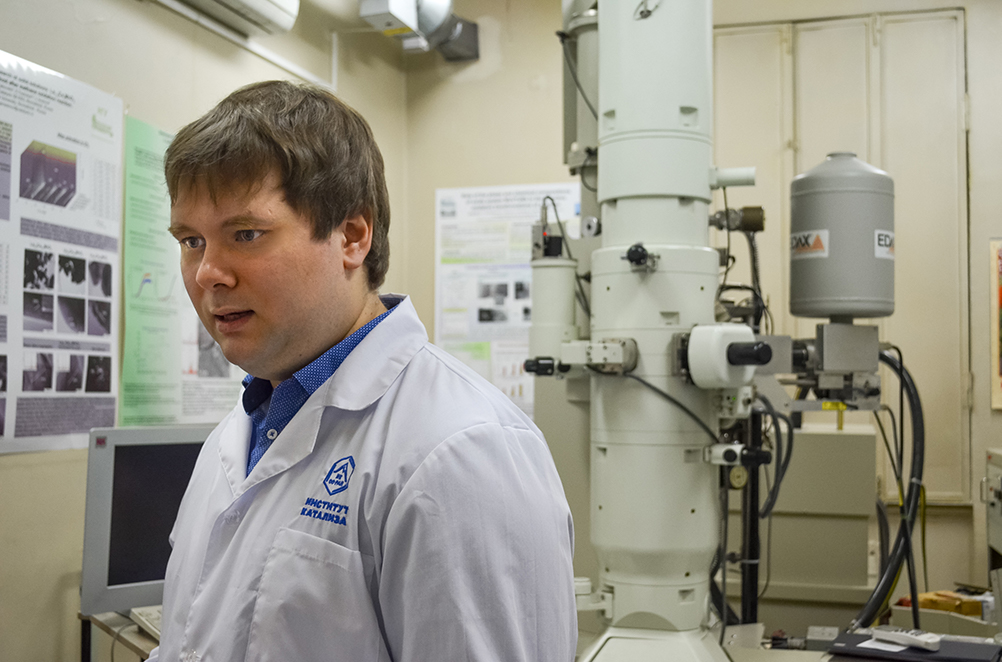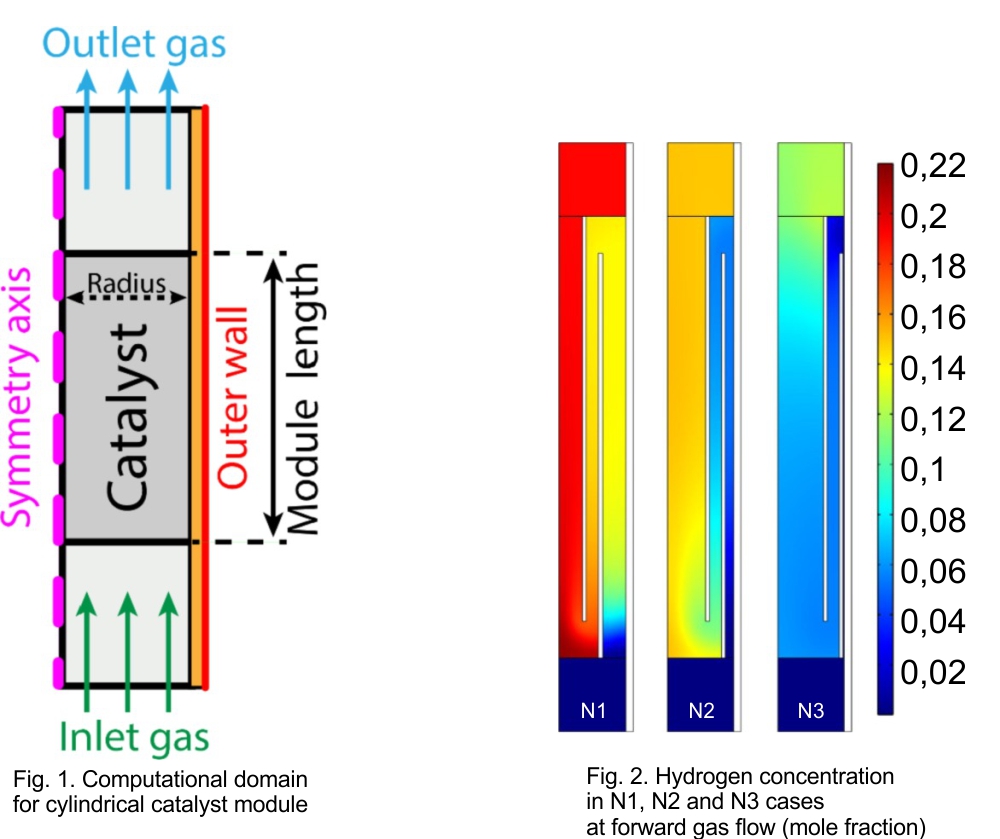
Boreskov Institute of Catalysis was founded in 1958 as a part of the Siberian Branch of the Russian Academy of Sciences. The founder and the first Director of the Institute till 1984 was academician Georgii Konstantinovich Boreskov.

One of the main activity areas of the Boreskov Institute of Catalysis is fundamental investigations in catalytic science to discover new principles of chemical reactions and to create innovative catalytic compositions and technologies.
Read more...

Boreskov Institute of Catalysis pays great attention to the training of young scientists. Each year more than 100 students and post-graduates are being trained at its research and educational facilities. The Institute collaborates with many educational organizations, including:
Read more...

For more than half a century, the Boreskov Institute of Catalysis is at a cutting edge of innovative R&D for chemical and petrochemical industries, energy power, environmental protection.
Read more...
13 May 2022
The scientists managed to optimize the geometry of catalytic reactor designed for obtaining hydrogen-containing mixtures from diesel fuel for supplying hydrogen fuel elements. Such power plants can be used in northern regions for power supply of isolated objects, for example, cellular towers. The researchers plan to obtain a prototype of the power plant on the totally Russian elemental basis by 2026.
The work of the specialists from Boreskov Institute of Catalysis and Institute of Solid State Chemistry and Mechanochemistry was dedicated to the optimization of geometrical parameters of the reactor with the use of previously developed mathematical model describing the process of transformation of diesel fuel into hydrogen-containing mixture on structured catalyst.
“We’ve been working for several years with ISSCM on development of power plants based on fuel elements fueled by hydrogen. But today there is a request for using more traditional energy carriers in fuel elements, for example, diesel fuel. In this variant for supplying fuel elements we need intermediary devices – converters of diesel fuel into hydrogen-containing mixture consisting of hydrogen and carbon monoxide. The process of transformation occurs in the presence of catalyst. In our work we studied the influence of geometry of catalytic block and organization of gas flows in reactor on the process of conversion of diesel fuel”, says Dr. Dmitry Potemkin, Senior Researcher of BIC.

The use of fuel elements for obtaining electricity allows taking in from the energy carriers by direct conversion of chemical bond energy into electrical one. The efficiency of the process is higher than with the use of standard diesel-generators, in which the chemical bond energy is first transformed into thermal energy, then into mechanical, and only then into electrical power.
Increasing efficiency of the power plants would allow decrease in the volumes of resource-consuming delivery of diesel fuel into remote areas in the Arctic. In addition to that the use of the developed power plants would be more environmentally friendly due to the decrease in the volumes of consumed diesel fuel.

Graphical abstract
At the next stage of the work the scientists will embody the optimized mathematical models in the real devices. In combination with the fuel elements developed in ISSCM they will make up a prototype of the power plant.
“Within the NTI Competence Center “Hydrogen as the Foundation for Low-Carbon Economy” established in BIC in 2021 we plan to obtain a prototype of such power plant in four years that would be completely based on the Russian elemental basis, after which its industrial manufacturing will be discussible”, summarized Dmitry Potemkin.
The results of the study are published in Chemical Engineering Journal (impact-factor 13.273). The gran for state support for NTI Centers of Competence is given within the framework of the “Nauka i Universitety” (“Science and Universities”) National Project supervised by the Ministry of Science and Higher Education of the Russian Federation. The project is supported by the RSF grant.
Source: Ministry of Science and Higher Education of the Russian Federation